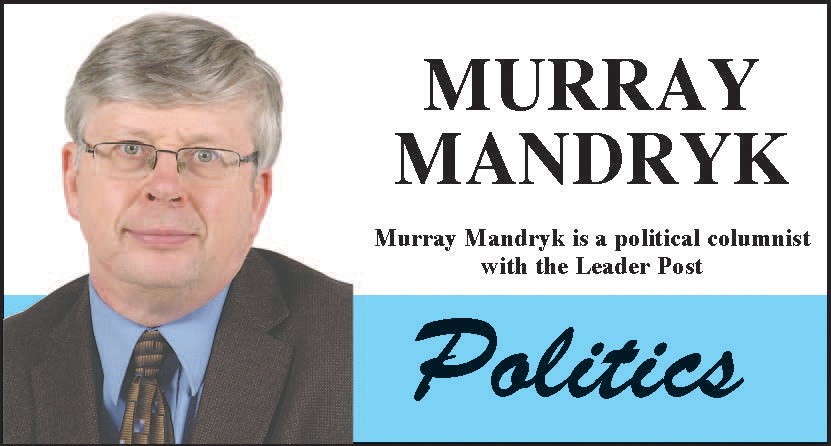One might wonder what the Saskatchewan Party’s first general election 20 years ago this month has to with today’s federal election.
Well, there’s one big lesson learned applicable to today, but let’s first revisit that 1999 election for those who have forgotten or are too young to remember.
It was called in early August for Sept. 7 — what was seen as an attempt by the then-Roy Romanow government to make it as difficult as possible for farmers to vote.
During the previous general election in 1995, the NDP had loss most if its rural base it established during the 1991 election that ousted Grant Devine’s Progressives from office.
Frankly, the NDP might have likely lost every rural seat in 1995, were it not for Liberal and the Progressive Conservative candidates splitting votes in many ridings in that particular election.
This takes us to what may be similarities with today’s federal campaign where splitting votes among somewhat similar parties is an issue. It’s actually been an issue in Canada decades.
Two decades ago, the vote-splitting problem was more of a problem for the right.
The Jean Chretien Liberals benefitted from the split between the Preston Manning’s Reform Party and what was left of the Progressive Conservatives in the aftermath of Brian Mulroney government.
But after Reformers and Progressive Conservatives united, they thrived under the leadership of Stephen Harper. Suddenly, it was the Green Party, NDP and Liberals duking it out for the left- and left-centre vote.
There remains a left-splitting dynamic in this election and one big story will be how many votes Greens and New Democrats will take from the Liberals.
But what may be as intriguing is vote splitting between Maxime Bernier’s PPC and Andrew Scheer’s CPC. For the first time in more than a decade, forcing Conservatives to revisit the problems of a split vote.
However, it’s less of problem here in Saskatchewan for a couple reasons.
Scheer’s Conservatives will take the vast majority of Saskatchewan’s 14 federal ridings because their rural support is strong.
By virtue of emerging from old Progressive Conservatives and Reformers, Saskatchewan’s Conservative candidates have a solid a base of support as any candidates in the country.
So solid is Conservative support here, most if its candidate could even afford to have a few thousand votes drained off to the local PPC and feel no ill political effects.
However, there is likely another reason why more right-wing conservative-minded supporters in Saskatchewan are staying home with the Conservatives — even though Bernier’s view that supply management must end, immigration and refugees and scientifically proven manmade global warming is not having a significant impact could very well be more aligned with their thinking.
Saskatchewan Conservatives — both right and centre right — are well aware of what happened federally prior to Harper when their allegiances were split between two federal parties.
And they are certainly aware of what happened in Saskatchewan prior to the right being united under the Sask. Party.
It is political lore in this province that the CCF/NDP would form government with less than 50 per cent of the popular vote because Liberals and Progressive Conservatives would split vote.
That, however, changed in 1999 with the Sask. Party’s first general election — one in which they almost won government.
However, Saskatchewan only accounts for 4.1 per cent of the current 338 seats in this country.
Vote splitting between the PPC and CPC elsewhere in the country may be an issue — especially where Conservative candidate are in close races to knock off Liberals and wrestle power away from Justin Trudeau.
Losing right-wing votes to the PPC may make a difference in some Ontario seats.
But here in Saskatchewan, conservatives seem well versed in their own political history.
Murray Mandryk has been covering provincial politics for over 22 years.



